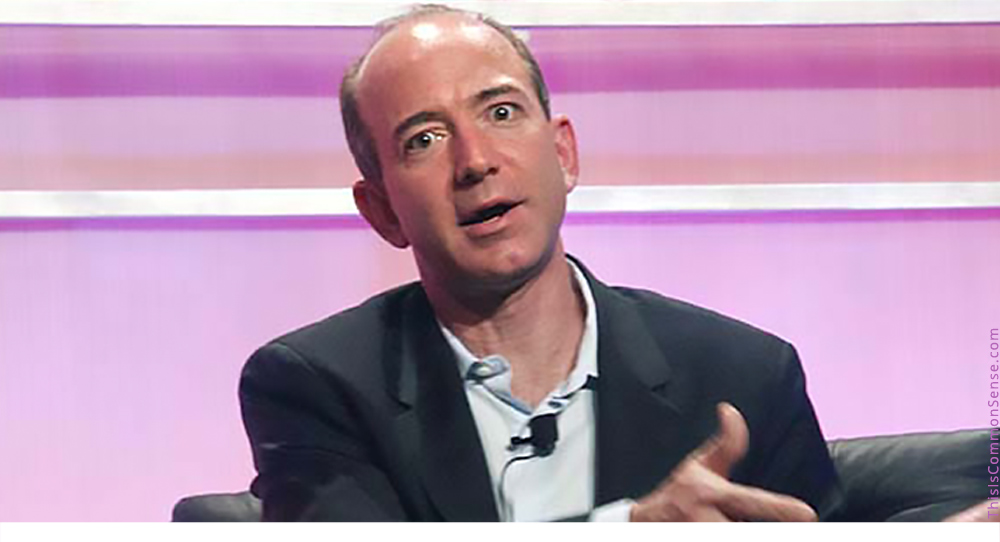A half a year ago, when trying to make sense of the much-publicized search for Amazon’s “HQ2” — a second headquarters city, away from Seattle — I concentrated on the subsidies that cities and metro areas were apparently throwing at Amazon.
It all seemed desperate, indecent.
But there was a story behind the story. Amazon has every reason to be looking for an escape route from the Evergreen State’s biggest city.
The city’s leadership is nuts.
“Seattle City Council members have finally released draft legislation,” the Seattle Times’ Daniel Beekman wrote last month, “for a new tax on large employers that would raise $75 million next year to address homelessness.”
The council blames the big companies for enticing workers into the city, thereby driving up rental costs and housing prices.
The tax would be on employee hours, would go into effect next year, and “in 2021, it would be replaced by a 0.7 percent payroll tax on the same category of companies,” explains the Seattle Times.
Now, if you tax something you discourage that something. That’s why progressives like sin taxes on sodas and fast foods. To discourage consumption.
So when progressives seek to tax big producers, they are apparently trying to tax away the housing crunch by driving away big business.
Amazon reacted. It put a halt to an expansion project.
“Jeff Bezos is a bully,” said Kshama Sawant, the confessed socialist, speaking for the council. “I think we are in broad agreement on that.”
If that is her attitude, and that of the council — and the consensus of the city’s denizens — then what Amazon’s Jeff Bezos really is?
A “good businessman.”
This is Common Sense. I’m Paul Jacob.


4 replies on “Amazon’s Jeff Bezos Is …”
It is clear that in Seatle, at least in politics, the fools rise to the council and have not yet come to grips with the fact that the power to tax is the power to destroy.
Bezos, who appears to have more business than political sense, has probably realized does not need “HQ2”, but rather a replacement for “HQ1”.
In this case who is the real bully, and should she be surprised when the victim avoids her?. May Ms. Sawant and the municipality enjoy the fruits of her actions and beliefs.
I heard the legislation had passed. Tax something and you’ll get less of it. Moving out of Seattle is a big undertaking, but interim moves will probably consist of more automation and not adding new workers. If Seattle is going to tax companies based on how many workers they have, the companies will hire fewer workers. It might even be cheaper to pay overtime to ten current workers for four hours extra per week than to add a new worker to a shift.
Since this is a city tax and not a state tax, it would be great if they found a place near (but not in) Seattle where the tax couldn’t be imposed and that would be convenient to most of the workers. A win-win.
Didn’t they do a tax like that and repeal it after businesses left Seattle?
It shouldn’t take too much effort to search out the causes of the housing crunch and find the roots to this and other “evils” to be the Seattle City Council.